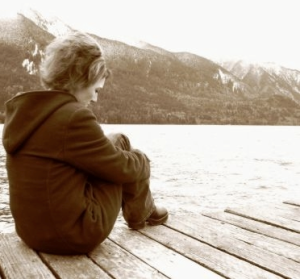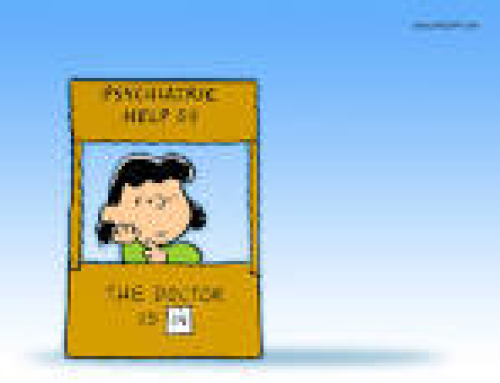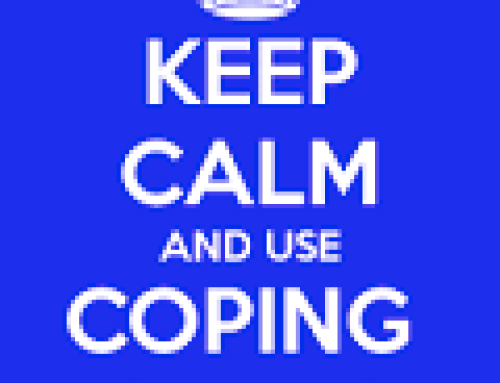 I remember the first time that I lost someone that I cared about. I was 5 years old. My kindergarten teacher used to bring her daughter to school to work with the children in my class. I remember when the class was informed about her motorcycle accident and that she would not be coming to our class anymore. There were so many emotions flooding through my body, but at that age it was hard to understand that kind of loss.
I remember the first time that I lost someone that I cared about. I was 5 years old. My kindergarten teacher used to bring her daughter to school to work with the children in my class. I remember when the class was informed about her motorcycle accident and that she would not be coming to our class anymore. There were so many emotions flooding through my body, but at that age it was hard to understand that kind of loss.
Loss can come in many forms. There are many endings and changes in life. You may change jobs; move to a new house or city; discontinue a relationship or get a divorce; or have someone close to you pass away. These are all forms of loss, and each individual manages loss in different ways. According to Elisabeth Kubler-Ross, there are five stages of grief that one may experience.
- The first stage is denial. In this stage, it is difficult to accept the reality of the situation and one may believe that there has been a mistake.
- The second stage is anger, which can be internal or external, but is generally directed at those closest to the person experiencing loss.
- The third stage is bargaining. In this stage, individuals may attempt to negotiate to try to avoid the loss or try to seek compromise.
- The fourth stage is depression, in which a person becomes sad or is mournful over the loss.
- Acceptance is the fifth stage, in which a person embraces the loss and accepts the emotions associated with the loss.
Kubler-Ross never intended for the stages to be rigid and suggested that individuals experiencing loss may not experience the stages in the same way or same order. Some people feel anger first and others depression. Some people might feel acceptance for years and then something can trigger them to feel sad again (i.e., an anniversary.)
These stages of grief have continued to be reworked by therapists throughout the years. Some critics note that the five stages of grief do not take in to account individual experiences. According to Christina Zampitella, Psy.D., and Fellow in Thanatology (a specialist in death, dying, and grief), we all have different responses to loss. Those responses can be emotional, physical, behavioral, cognitive, interpersonal, and/or spiritual. Grief is an individualized experience; therefore, someone may not express grief the way that you might expect. Children, especially, may express grief in unique and unexpected ways.
Some experience loss so intensely that it becomes disruptive to their lives, which can lead to complicated grief. Complicated grief is when someone experiences prolonged grief symptoms and those symptoms impair their ability to function. Some of the symptoms of complicated grief include an inability to accept the loss, longing to be reunited with the deceased, difficulty trusting others, and identity confusion.
Individual therapy and/or support groups can be helpful when going through any form of loss. There are support groups in most cities that focus on grief and loss. The website link found here is for grief resources in San Diego, California. Many cities have similar resources available. You may also reach out to an individual psychologist or therapist if you would like additional support coping with grief. If your family is facing a loss or major life transition, you may consider consulting with a family therapist or a child psychologist for guidance and assistance.





Leave A Comment